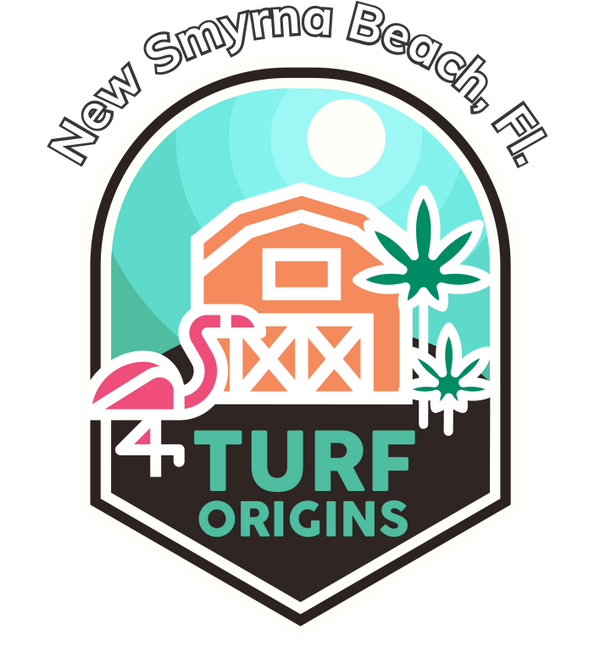Over the past decade, one cultural phenomenon has been making its way into the mainstream, garnering attention from wellness enthusiasts, medical professionals, and casual consumers alike. Cannabidiol, better known as CBD, has risen to prominence as a potential remedy for various ailments and a source of overall well-being. In this blog post, we delve into the culture surrounding CBD, exploring its roots, growth, and the impact it has on society.
CBD: A Brief Primer
CBD is a non-intoxicating compound derived from the cannabis plant. Unlike its cousin, tetrahydrocannabinol (THC), CBD does not produce a euphoric "high." It interacts with the endocannabinoid system (ECS) in the human body, which plays a crucial role in regulating various physiological processes such as pain perception, mood, sleep, and immune function. As a result, CBD has been associated with a range of potential benefits, including pain relief, anxiety reduction, and anti-inflammatory effects.
Historical Roots and Evolution
Although CBD's current popularity may seem like a recent trend, its usage has roots that go back centuries. Historical records suggest that ancient civilizations used cannabis for various medicinal and spiritual purposes. However, in the 20th century, cannabis and its compounds faced heavy stigmatization due to misguided policies and propaganda.
Fast forward to the 21st century, a combination of changing attitudes towards cannabis, scientific research, and legal developments laid the groundwork for CBD's re-emergence. The passing of the 2018 Farm Bill in the United States, for example, removed hemp (cannabis with less than 0.3% THC) from the list of controlled substances, making it legal to cultivate, process, and sell hemp-derived CBD products in many states.
The Wellness and Holistic Movement
CBD's resurgence can be attributed, in part, to the growing interest in wellness and holistic health. As people seek natural and alternative approaches to managing their health, CBD aligns with the principles of holistic well-being. It is often embraced by those looking for a more balanced lifestyle, incorporating practices that enhance physical, mental, and emotional health.
Social Acceptance and Normalization
The cultural shift surrounding CBD is also reflected in its increasing social acceptance and normalization. What was once considered taboo or associated solely with recreational drug use is now being widely embraced as a potential natural remedy. CBD products can now be found on the shelves of health food stores, pharmacies, and even luxury boutiques.
Influencers, celebrities, and athletes have also played a significant role in promoting CBD culture. Their endorsements and personal testimonies have helped break down barriers and spark curiosity among a broader audience. However, it is essential to differentiate between genuine advocacy and hype-driven marketing, ensuring consumers make informed decisions about their CBD use.
Navigating Regulation and Safety Concerns
Despite the rapid growth of the CBD industry, regulatory frameworks have struggled to keep up with the pace. This has led to a lack of consistency in product quality, safety standards, and clear guidelines for consumers. As CBD products continue to flood the market, it becomes crucial for consumers to educate themselves, seek reputable brands, and understand local regulations before making a purchase.
The culture surrounding CBD is a multi-faceted phenomenon, blending historical roots with modern wellness movements and social shifts. As society becomes more open-minded to the potential benefits of CBD, the market continues to expand, offering an array of products to suit diverse needs. Nevertheless, it is crucial to approach CBD with discernment, relying on reliable information and responsible usage to truly harness its potential benefits.
As the culture surrounding CBD continues to evolve, it is essential to strike a balance between embracing its potential and maintaining a critical eye on safety, regulations, and marketing claims. By doing so, we can ensure that CBD's cultural journey remains authentic, meaningful, and beneficial for individuals seeking a natural path to wellness and overall well-being.

